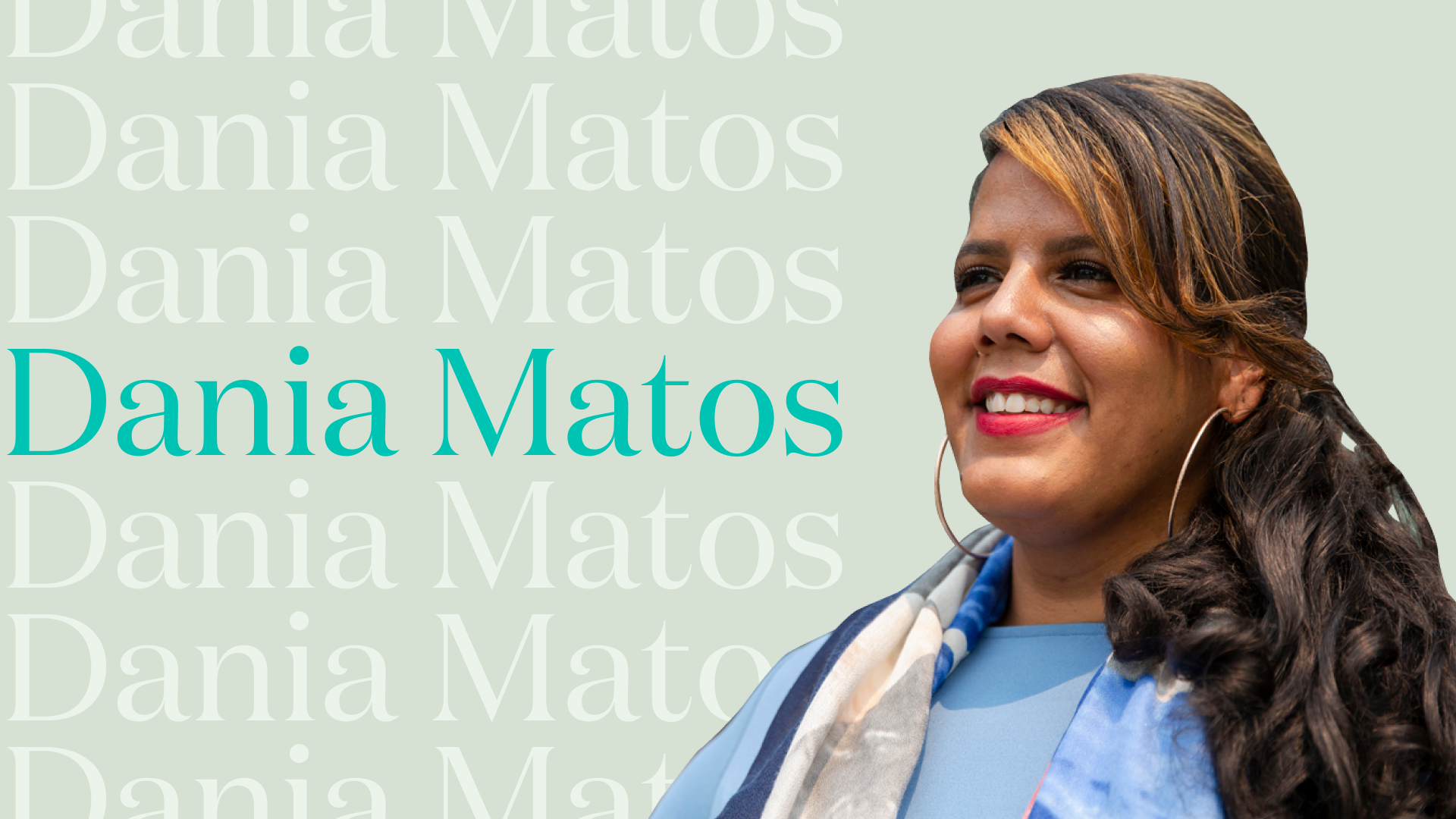Skimm Her Career is a series that highlights a variety of jobs, one working woman at a time. They do not necessarily reflect theSkimm's point of view. Do you know someone with an interesting career? Want to tell us about your own? Email us at money@theskimm.com.
By the Numbers: Chief Diversity Officer
Salary range: $71,000-$205,000
Job satisfaction: 4.2 out of 5 stars
Female representation: 67.9%
Key skills: Leadership, change management, strategic planning
Meet Dania Matos. Formerly the Chief Diversity Officer at the University of California, Merced, she's now the Vice Chancellor of Equity & Inclusion at UC Berkeley. It’s a role with a big job description: focus on dismantling systems of oppression and level the playing field for all. And she's doing it at a time when the nation's racial inequities have been brought into the spotlight by 2020 events. Think: the murder of George Floyd and the COVID-19 pandemic. Job postings in Diversity & Inclusion on Glassdoor spiked in the summer of 2020 and have continued to rise this year.
We spoke with Dania about how she got started in the diversity, equity, inclusion, belonging, and justice (DEIBJ) field and how it's going.
How I got started…Before going into DEIBJ work [full-time], I served in the public defender's office in Virginia. I had also volunteered on a DEIBJ advisory council for my alma mater [Brown University] that gave me a lot of experience for the role I have now. My shift to higher education came after working in federal criminal defense and witnessing firsthand how systemic oppression costs lives. The thread weaving the stories together was a lack of access and opportunity. I want to ensure everyone has access and an opportunity. But I don't think of it as a career I pursued. I think of it as who I am and how I show up. My identity is Latina, first born, raised by a single mom. Those all shape the way I explore and see the world, how I shape it, and how it intersects when I'm in community with others.
My educational background for this career...My undergraduate degree [from Brown in 2003] was in international relations with [a focus on] politics, culture, and identity. I really wanted to be able to connect with many different types of communities and understand the shaping of identity within each. What then drew me to law school [at the Catholic University of America] was the pursuit of justice and ensuring that I went into a field that often was used against the communities I knew. I wanted to be able to change structural oppression. To do that, I needed to learn about law, how to translate it, and how to change it.
How I spend a typical day…No days look the same. Having started at UC Berkeley just over a month ago, I'm spending time meeting and learning about the work of our students, faculty, staff, and campus partners. [That includes] DEIBJ initiatives such as the African American Initiative, the Hispanic Serving Institution (HSI) Task Force (as Berkeley works to gain HSI status), and efforts to become an anti-racist campus. To learn more and hear how [different people] experience the campus, I'm holding informal and formal listening sessions focused on truth-telling, trust, and transformation, along with weekly office hours. As part of the Chancellor's Cabinet, I'm working with Chancellor Carol Christ and my fellow cabinet members on campus priorities, advising on DEIBJ issues, and short- and long-term planning for the division and the campus.
What "work-life balance" looks like...It's not a 9-to-5 job, and it isn't just about getting tasks done. There is an emotional toll as well...One of the things that has been helpful to me is practicing mindfulness breathing. I've also found some new things that fill my soul and bring me joy – be it putting all my technology away and being present with my family or saying 'that email can wait until tomorrow.' I understand that's a privilege in my role. But learning what boundaries look like and what spaces I could create to center myself has been really important.
The most rewarding part of my job...Knowing that I'm part of something bigger than myself. Now as part of UC Berkeley, I'm more aware of the enormity of the stage and the global impact of this institution. Movements that changed the world, including the Free Speech and the Disability Rights and Independent Living movements, started here.
The hardest part...I am up against a lot of systems of power that are bigger than myself. It takes a little bit out of you. When you're battling injustices, systemic oppression, racism, sexism – all those things – your heart breaks into a million pieces. I have to pick all those pieces up and put my heart back together every single time.
My best advice for landing a DEIBJ role…One of the great things about these roles is that there is not just one path to landing one. That is, all degrees are welcome. Also, experience is not just ones you get paid for. So get involved in spaces that center DEIBJ, even if they are not currently a part of your job. What matters most is a track record of authenticity, commitment, and achievement in DEIBJ, zealous advocacy, being a communicator and collaborator, demonstrated internal and external leadership, and administrative and interpersonal effectiveness.
Psst...this interview has been lightly edited for length and clarity.
Subscribe to Skimm Money
Your source for the biggest financial headlines and trends, and how they affect your wallet.
